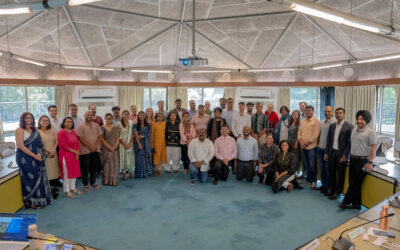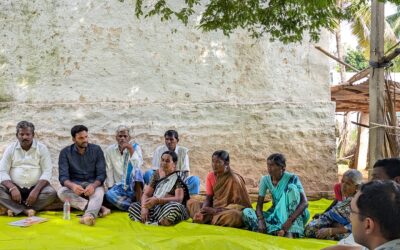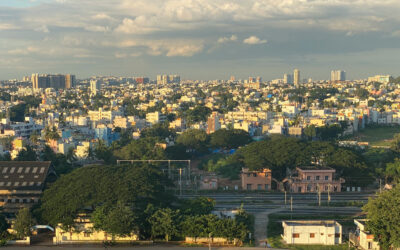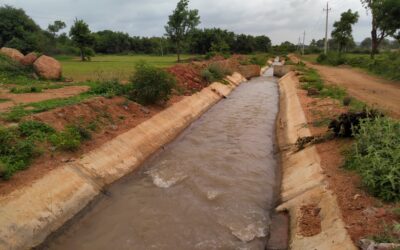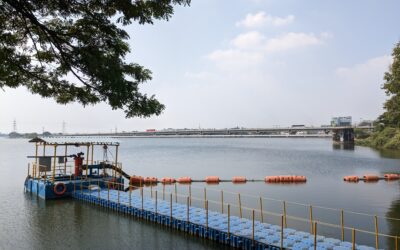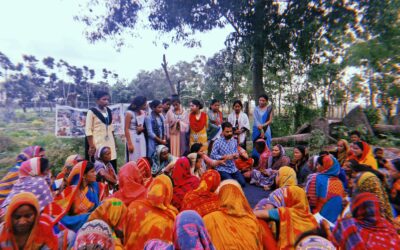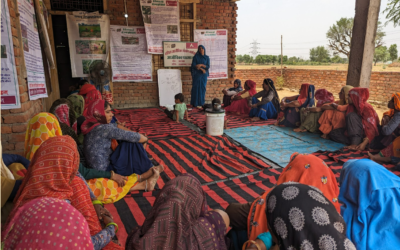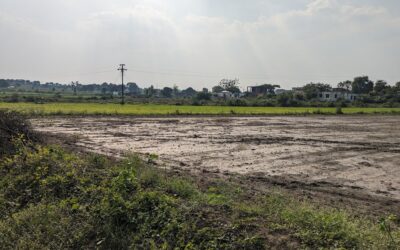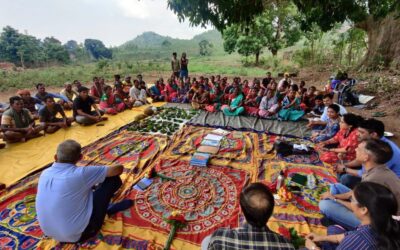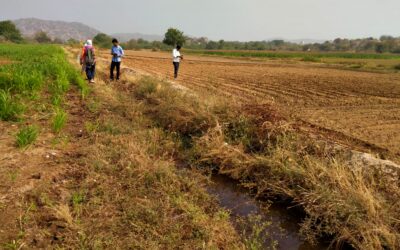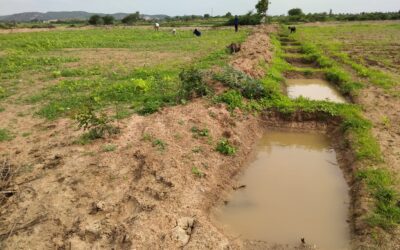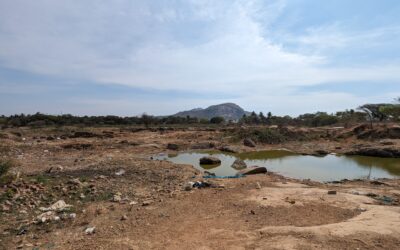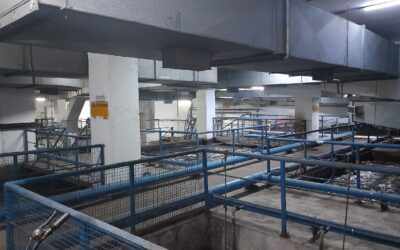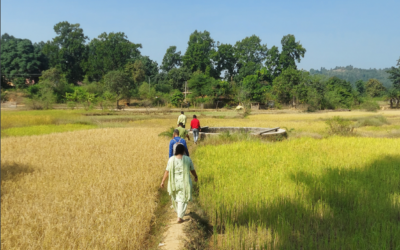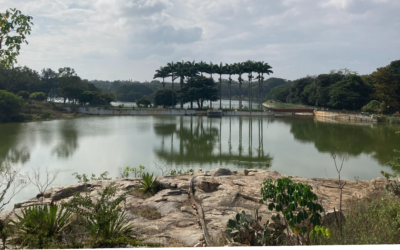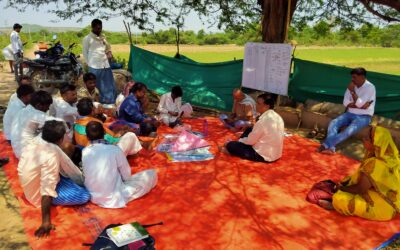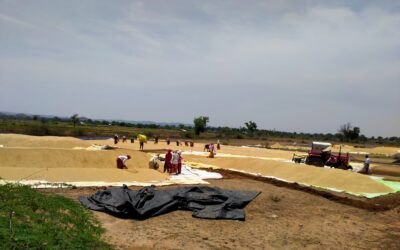Blogs & Op-eds
Urban Water
Rural Futures
Technical Consulting
Platforms and Partnerships
Futures Research
Transforming Monitoring, Evaluation, and Learning in the Water Sector: Lessons from the MEL Roundtable
At the MEL Roundtable experts discussed how monitoring, evaluation, and learning practices can transform water security efforts in India.
GRE Success Stories: Fostering Collaboration for Rural Development
The GRE Clinic has proven to be a catalyst for meaningful collaborations between organisations dedicated to rural development and sustainability.
Building Climate-Resilient Cities with Nature-Based Solutions
In part 3 of this blog series, we look at how nature-based solutions (NbS) can help urban India mitigate and adapt to heat and water stress. We also delve into the work we are doing on NbS.
Bengaluru Has the Highest Number of Decentralised Sewage Treatment Plants Globally. Are They Effective?
WELL Labs and Eawag surveyed decentralised sewage treatment plants in the Yelahanka zone of northern Bengaluru to understand the challenges in urban wastewater treatment and reuse.
Why Farmers’ Control on Canal Water Is Key to Solving Agrarian Distress in Raichur
Published in The Wire
Grey to Blue: What Can Bengaluru Learn From Chennai on Tertiary Treatment of Wastewater
Chennai’s Nesapakkam plant is an important project we need to evaluate and consider replicating in other cities because it converts wastewater to potable quality
The Odisha Sandbox: Advancing the Green Rural Economy Through a Place-Based Approach
By integrating the sandbox concept into the Green Rural Economy platform, we aim to create a structured environment that fosters innovation, collaboration, and the practical testing of solutions.
Making Every Drop Count
Published in The Water Digest
From Pilots to Scale: We Are Documenting Knowledge to Spread Effective Rural Solutions
WELL Labs has partnered with the Axis Bank Foundation to create playbooks, which could be how-to manuals, instructive videos and audio libraries for rural communities to learn and implement new solutions.
Why do parts of Maharashtra experience different water stress levels?
Published in The Hindu
Evaluating Social Impact at the Grassroots
Published in India Development Review
How Water Shapes the Lives of Farmers in Raichur: Field Notes from Mandalgudda
We’ve been researching land and livelihoods in Raichur over the past two years. The different strands of our analyses reinforced a known fact of life in the region – that water shapes decisions and livelihoods.
Field Notes from Raichur: Why MGNREGS Remains Key for Water Conservation in Rural India
Digging trench-cum-bund pits is a priority under the National Rural Employment Guarantee Scheme, resulting in both livelihood and water security.
Webinar on Water Security in Karnataka’s Small Towns: 5 Key Learnings
India’s small towns face many complex and intersecting risks. To better understand current challenges and explore opportunities, WELL Labs partnered with BORDA and TIDE to conduct a webinar on building thriving and more water-secure towns.
Bengaluru’s Wastewater Market Experiment: A Promising Solution for Water-Scarce Cities Globally
The economic case for on-site treatment of wastewater is weak. However, the recent water crisis coupled with the new policy has changed that. In this first part of a blog series, we explain what these changes mean for urban water security.
Reflections on WELL Labs’ Journey: Year in Review and the Path Ahead
How do we solve environmental and social challenges at a large scale? We identified four challenges the social impact sector needs to address.
Lake Health Index Reveals Pollution Concerns in Bengaluru’s Water Bodies
Published in Citizen Matters
Why Jalna’s Wells Run Dry: Understanding Water and Soil in Drought-Prone Maharashtra
WELL Labs has partnered with the Environmental Defense Fund to scientifically evaluate Jaltara, a water-saving intervention developed by the Save Groundwater Foundation in Maharashtra’s Jalna district. In this blog, we explain how soil, water and cropping patterns are linked.
Valuing Non-Profits and Making Social Stock Exchange Work
Published in The Hindu BusinessLine
A People-Centric Approach to Tackling Poverty in India
Published in Revolve

